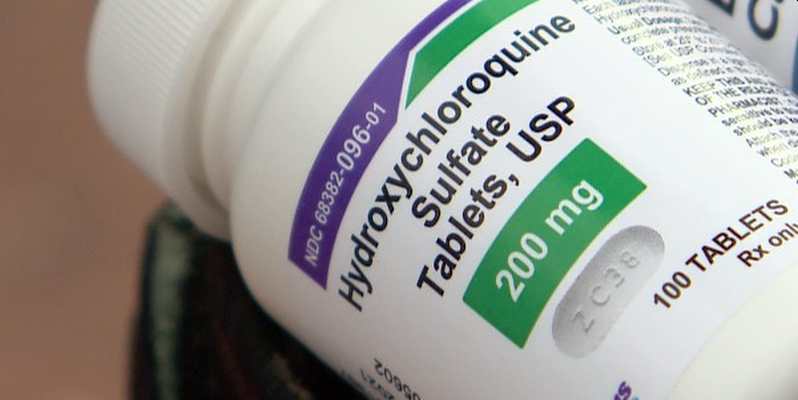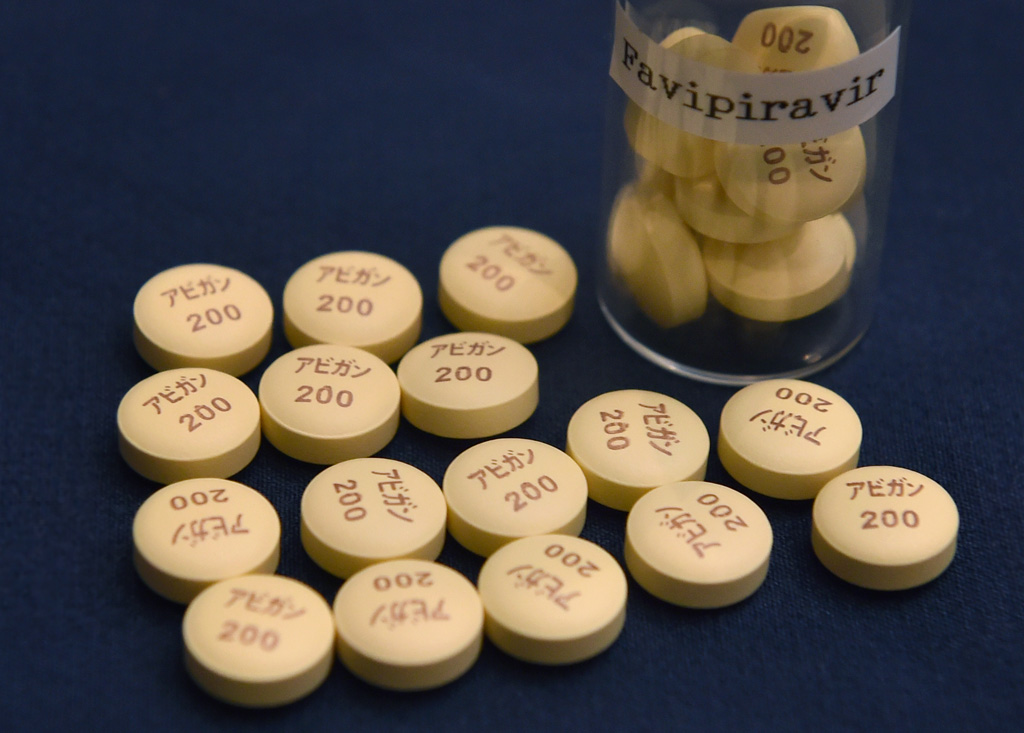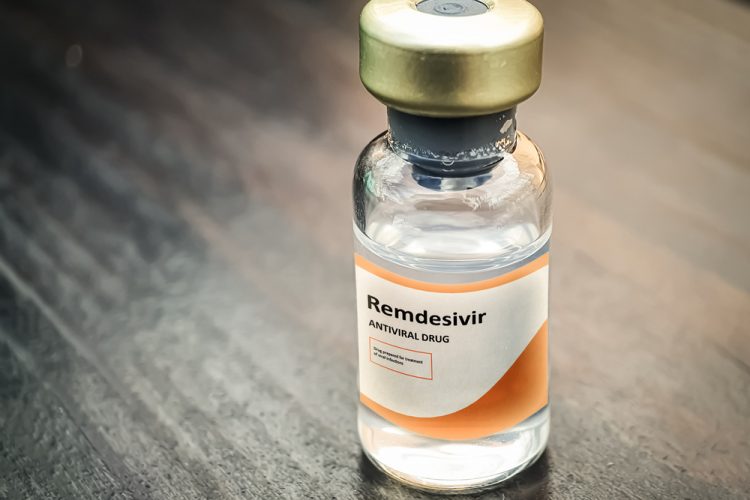By Argie C. Aguja
Senior Features Writer, The Philippine STAR
Coronavirus pandemic drives worldwide scramble for elusive cure
As billions of lives hang in a balance amid the coronavirus disease 2019 (COVID-19) pandemic, pharmaceutical companies, research organizations and major biotech industry players are all racing against time to develop a vaccine. The World Health Organization (WHO) spearheaded the Solidarity Trial, a multinational study comparing the safety and effectiveness of four different drugs or drug combinations against COVID-19.
According to Live Science magazine, various COVID-19 treatments or vaccines are being probed in more than 200 clinical trials worldwide, each study carefully analyzing if any of the drugs could slow disease progression, improve survival, or kill the virus outright. These new drugs range from flu medicines to repurposed Ebola drugs, even malaria cures. Below are some treatments that doctors hope will finally cure COVID-19.
TWIN ANTI-MALARIA DRUGS
Chloroquine and Hydroxychloroquine was initially approved by the US Food and Drug Administration (FDA) as treatment for malaria, lupus and rheumatoid arthritis. However, preliminary research revealed that both drugs can disrupt the ability of coronavirus to enter and replicate in human cells. While doctors in China, South Korea, France and the U.S. are now giving the drug to some patients with COVID-19, results have been inconclusive at best. In France, a small number of patients with COVID-19 received either Hydroxychloroquine alone or Hydroxychloroquine in combination with an antibiotic called azithromycin, resulting in noticeable reduction of viral particles in recipients compared to untreated individuals.

FLU MEDICINE FROM JAPAN
Japanese pharma company Fujifilm Toyama Chemical has shown progress in its own antiviral drug called Favipiravir (Avigan). Originally intended to treat influenza, it has shown promising results in treating mild to moderate COVID-19 cases. In a test involving 340 patients in Wuhan and Shenzen, the drug managed to shorten the duration of the virus as well as improve lung conditions (as seen in X-rays) in tested patients. However, further tests and studies need to be carried out to conclusive evidence of Avigan’s supposed benefits.

REPURPOSED EBOLA TREATMENT
Originally developed by Gilead Sciences as a treatment for Ebola virus disease (EVD), the drug Remdesivir is now being repurposed to see if it can effectively treat COVID-19. In lab studies, the drug has shown initial effectivity in inhibiting the growth of severe acute respiratory syndrome (SARS) and Middle East respiratory syndrome (MERS), both coronaviruses closely related to COVID-19. When 53 severe COVID-19 patients received Remdesivir, more than two-thirds of the patients showed significant improvement. Yet reported side effects that could potentially be tied to the drug include rectal bleeding, elevated liver enzymes, vomiting, and nausea.

PROMISING ORAL ANTIVIRAL
In a report published by Science Translational Medicine, an oral drug called EIDD-2801 showed efficiency in blocking the novel coronavirus during test-tube experiments with human lung and airway cells. EIDD-2801 introduces genetic mutations into the virus’ RNA, rendering it unable to infect healthy cells. This drug could be swallowed as a pill. Florida-based Ridgeback Biotherapeutics has licensed the drug and was just granted permission by the US FDA to start human trials of the drug over the next few months.
HIV DRUG COMBO
HIV antiviral drug Kaletra — a combination of Lopinavir and Ritonavir — was an early candidate as COVID-19 cure. But hopes were tempered after a clinical trial produced less than stellar results. Around 199 patients participated in the trial, with half receiving Kaletra and half with placebo. Yet researchers were unable to determine a proven benefit that can be directly attributed to Kaletra. More studies are still scheduled.
BLOOD PRESSURE DRUG
The University of Minnesota is in the middle of two clinical trials of the generic blood-pressure medication Losartan, particularly its probability of becoming a treatment to prevent multi-organ failure in patients with severe COVID-19 pneumonia. Losartan works by blocking certain receptors linked to rising blood pressures. And since COVID-19 binds to the angiotensin-converting enzyme 2 (ACE2) receptor, it is hoped that Losartan might block those receptors and prevent the coronavirus from infecting cells.
NEXT BEST THING: PLASMA THERAPY
The blood of COVID-19 survivors is a prized commodity because it contains plasma oozing with special antibodies capable of targeting coronavirus and preventing it from infecting healthy cells. In a process named convalescent plasma (CP) therapy, plasma from COVID-19 survivors are extracted and transfused to save severely ill patients. A donor who can deliver around 400 ml of blood plasma can save at least two critically ill patients. At the Philippine General Hospital, three COVID-19 survivors – one seafarer and two nurses – were the first donors to come forward and participate in the therapy. PGH invites recovered patients to donate their life-saving blood plasma by calling 0917-805-3207 for inquiries and other arrangements.
As the number of new infections and deaths from COVID-19 continue to climb, the international community pools its manpower and resources in a mad scramble for an antidote. For a world locked-down by the pandemic, only a proven cure can pave the path to freedom — however elusive that dream may be.


